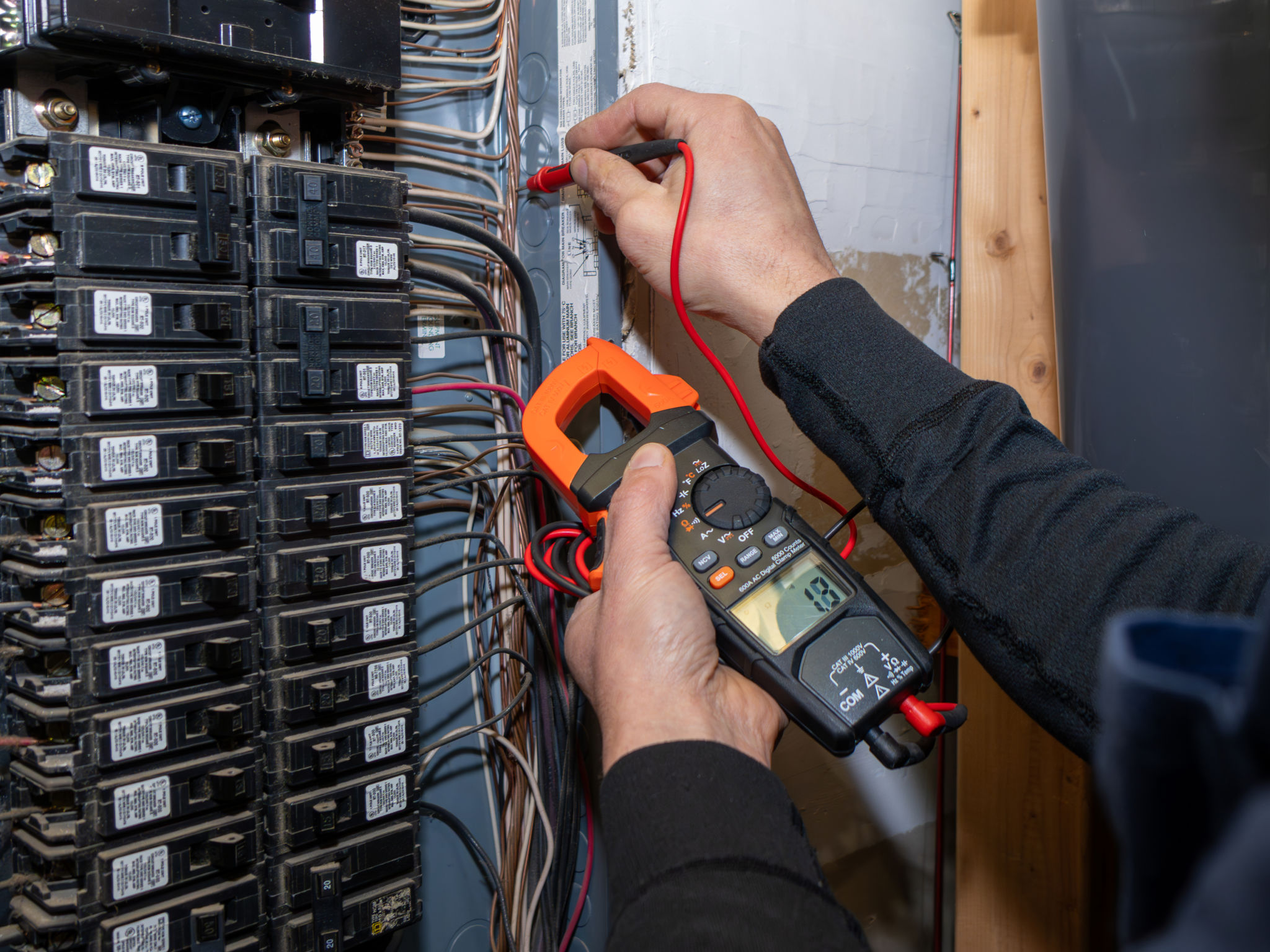Common Electrical Myths Debunked by Professional Electricians
Myth: Turning Off Appliances Saves Energy
One of the most common electrical myths is that simply turning off appliances saves energy. While it's true that turning off devices can reduce energy consumption, many appliances continue to draw power even when they're switched off. This phenomenon is known as "phantom load" or "vampire power." Devices like chargers, televisions, and computers often consume energy in standby mode. The best way to ensure no energy is wasted is by unplugging devices completely or using a power strip to cut off electricity.

How to Combat Phantom Load
To effectively combat phantom load, consider investing in smart power strips. These strips can automatically shut off power to devices that are not in use, helping to prevent unnecessary energy consumption. Additionally, make it a habit to unplug devices that are not used frequently.
Myth: Wiring Doesn't Need Regular Maintenance
Another prevailing myth is that once electrical wiring is installed, it doesn't require regular maintenance. This misconception can lead to potential hazards since electrical systems can degrade over time due to wear and tear, pests, or environmental conditions. Regular inspections by a professional electrician can identify potential issues before they become serious problems.

Importance of Regular Electrical Inspections
Regular electrical inspections ensure safety and efficiency. Professional electricians can spot outdated wiring, overloaded circuits, or potential fire hazards. It's recommended to schedule an inspection every 3-5 years, especially in older homes, to maintain a safe electrical system.
Myth: All Power Strips Offer Surge Protection
Many people mistakenly believe that all power strips provide surge protection. In reality, a standard power strip only offers additional outlets without any protection against power surges. Surge protectors are specifically designed to protect connected devices from voltage spikes that can damage electronics.

Selecting the Right Surge Protector
When selecting a surge protector, look for the joule rating, which indicates the amount of energy it can absorb. A higher joule rating means better protection. Additionally, consider models with indicator lights that show the unit is functioning correctly.
Myth: DIY Electrical Work Is Safe
The belief that do-it-yourself (DIY) electrical work is safe and cost-effective is a dangerous myth. Without proper training and experience, handling electrical repairs can lead to severe injuries or even fires. Professional electricians are trained to handle tasks safely and efficiently while adhering to local codes and standards.
Risks of DIY Electrical Repairs
DIY electrical repairs pose several risks, including electrocution, fire hazards, and code violations. It's essential to hire a licensed electrician for any major electrical work to ensure safety and compliance with regulations.
